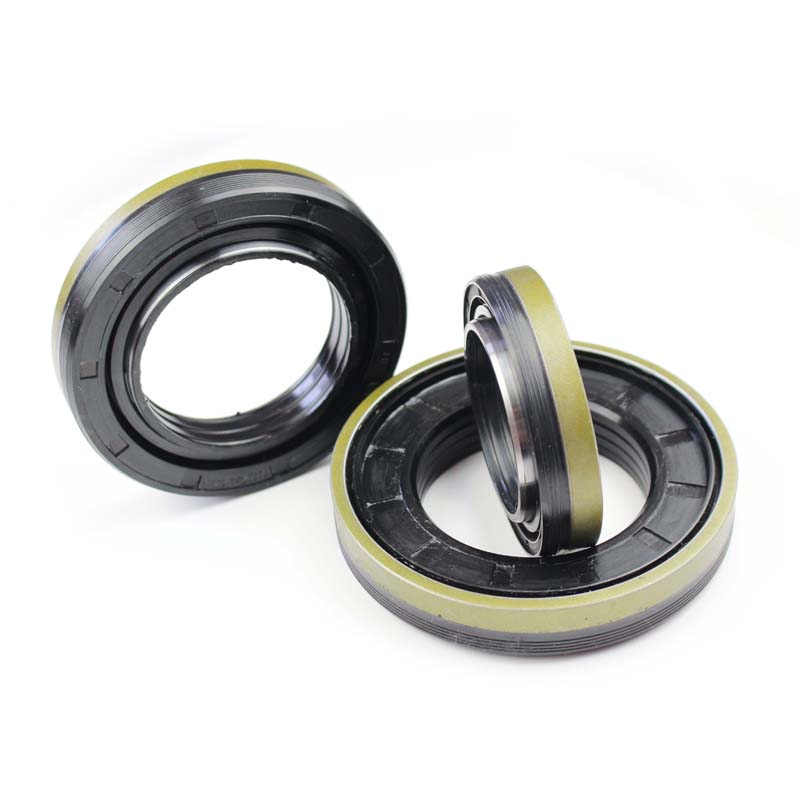Understanding the Importance of Marine Bearings in Nautical Applications
Marine Bearings An Essential Component in Maritime Engineering
Marine bearings are crucial components in the world of maritime engineering and shipbuilding. These specialized bearings are designed to support rotating or moving parts in maritime applications, ensuring smooth operation, longevity, and reliability of various marine equipment. Whether in ship propellers, shafts, or rudder systems, the significance of marine bearings cannot be overstated.
Understanding Marine Bearings
Marine bearings serve the fundamental purpose of reducing friction between moving parts, thereby facilitating efficient motion while minimizing wear and tear. Unlike standard bearings used in terrestrial applications, marine bearings must withstand unique environmental challenges. Exposure to seawater, high humidity, and varying temperatures means that materials and designs used for marine bearings must be particularly robust and resistant to corrosion, wear, and fatigue.
Types of Marine Bearings
There are several types of marine bearings, each tailored for specific applications within the maritime industry
1. Propeller Shaft Bearings These bearings support the propeller shaft, allowing for smooth rotation and efficient power transfer from the engine to the propeller. They are usually designed to handle high axial and radial loads.
2. Rudder Bearings Rudder bearings support the rudder's movement, allowing for precise steering control. These bearings must provide stability while being resistant to marine growth and corrosion.
3. Thrust Bearings Thrust bearings are specifically designed to handle axial loads. In marine applications, they are crucial for absorbing the forces generated by the propulsion system.
4. Stern Tube Bearings Located in the stern tube, these bearings support the propeller shaft and may be lubricated with oil or water. Stern tube bearings are vital for maintaining alignment and ensuring the sealing of the vessel's hull.
Materials Used in Marine Bearings
marine bearing

The choice of materials for marine bearings is paramount, given their exposure to harsh marine environments. Common materials include
- Bronze Highly resistant to corrosion and wear, bronze bearings are often used in high-load applications.
- Plastic Composites These materials provide excellent corrosion resistance and are lightweight. They are often used in applications with lower loads and where metal bearings might be susceptible to seawater damage.
- Stainless Steel Known for its strength and resistance to corrosion, stainless steel is another popular choice for marine bearings, especially in more demanding applications.
- Ceramics Emerging technologies are introducing ceramic bearings into the marine industry, which offer superior resistance to corrosion and the ability to perform in various temperature ranges.
Importance of Maintenance
Regular maintenance and inspection of marine bearings are essential to ensure their optimal performance and extend their service life. Operators should routinely check for signs of wear, corrosion, and the integrity of the lubrication system. Implementing a proactive maintenance schedule can help prevent costly downtime and repairs due to bearing failures.
Technological Advancements
Advancements in materials science and engineering technology have led to the development of more efficient and durable marine bearing designs. Innovations such as self-lubricating bearings, integrated sensors for monitoring bearing conditions, and eco-friendly materials are transforming the industry. These improvements not only enhance performance but also contribute to more sustainable maritime practices.
Conclusion
Marine bearings are vital to the efficient and safe operation of marine vessels and equipment. Their design, material selection, and maintenance play crucial roles in ensuring the longevity and reliability of maritime systems. As technology continues to evolve, the future of marine bearings looks promising, with new materials and innovations paving the way for enhanced performance in the challenging marine environment. Proper understanding and regular care of these components can lead to significant improvements in operational efficiency, safety, and cost-effectiveness in the maritime industry.
-
Understanding the Front Main Engine Seal: Purpose, Maintenance, and Installation
News Jul.29,2025
-
Understanding O-Rings and Seal Rings: Types, Applications, and Custom Solutions
News Jul.29,2025
-
Understanding Crankshaft Oil Seals: Rear Seals, Pulley Seals, and Their Role in Engine Integrity
News Jul.29,2025
-
The Importance of Front and Rear Crankshaft Seals in Engine Performance and Oil Management
News Jul.29,2025
-
Crank Oil Seals: Functions, Types, and Cost Considerations in Engine Maintenance
News Jul.29,2025
-
A Comprehensive Guide to O-Rings and Seals: Types, Materials, and Global Applications
News Jul.29,2025
-
Mastering Diesel and Performance Engine Maintenance: A Guide to Critical Oil Gaskets
News Jul.28,2025
Products categories















